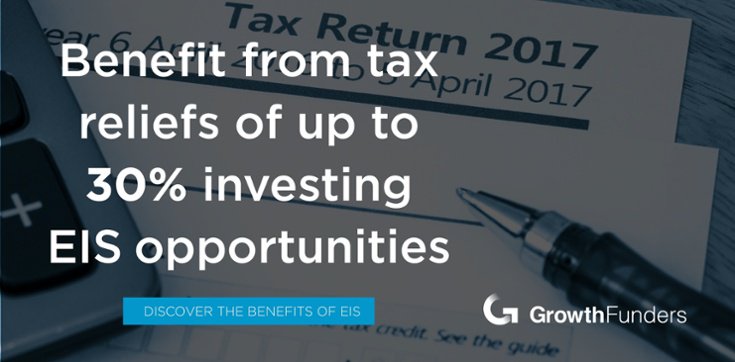Budget 2017: it's time to build regional business angel networks
Since last week's Budget, we've talked a lot about the outcomes we were most interested in at GCV - earlier this week I discussed the impact the Budget should have on homebuilders and property investors, and Lauren detailed the effects on tax efficient investing (specifically the Enterprise Investment Scheme [EIS]).
In this year's spring Budget, the Chancellor affirmed the government’s vision that the UK must always be open for business, but also contained measures that could constrain the growth of early stage businesses through increased national insurance contributions and a reduction on the tax allowances available to investors.
The November Budget, however, was far more encouraging, with the announcement of a new action plan to unlock £20 billion over 10 years to finance growth in innovative firms. This was in response to the outcomes of the Patient Capital review, including enhancing the EIS to offer greater support to the most innovative businesses.
With the latter, the Chancellor took to the dispatch box to announce his intention to enhance the role of EIS in supporting 'knowledge intensive' businesses. He will double the annual EIS tax-relief available to people investing in these businesses, from £300,000 to £600,000 per annum.
In addition, the annual investment that innovative companies can receive through EIS will be doubled from £5 million to £10 million, with effect from April 2018.
What's more, Government also announced its intention to introduce an 'Appropriateness Test', a new assessment that will reduce the scope for and redirect low-risk capital preservation investments taking advantage of EIS status. These new measures are forecast to unlock over £7 billion of investment for businesses seeking to grow.
Regional angel investors
Following the recent launch of our G.Ventures Investor Club, we particularly welcomed the new proposal to support the development of further capacity for angel investing across regions outside of London, which will be supported by the British Business Bank.
This programme will supplement existing programmes and support access to finance outside of the capital, including regional venture capital and private equity funds.
With lots to discuss here, less than a week after the Budget, the UK Business Angels Association (UKBAA) - a national trade association for angel and early-stage investment - held their annual National Investment Summit in London.
Leading players from the investment industry took to the event to look at the challenges and opportunities for building an effective supply of capital, from startup through to long term growth for the UK’s innovative businesses.
With the Government’s policy for a new Patient Capital framework now emerging and the Chancellor’s fiscal plans put on the table, the UKBAA Summit offered a timely opportunity to review the impact of these developments on the investment landscape, as well as on the potential for establishing a sustainable growth finance ecosystem for the UK’s innovators and market disrupters.

I was honoured to be invited to sit on the ‘Creating a Level Playing Field For Backing High Growth Entrepreneurs Across the UK’s Regions’ panel at the Summit, alongside some fantastic peers from the Development Bank of Wales, NorthInvest and the Scottish Investment Bank.
A fantastic opportunity to discuss the great work happening - and planned - in the region, it tied in perfectly to the Budget's angel investment announcement.
It's been an interesting time here at GCV since the Chancellor announced his intentions for the coming months, and whilst we should wait to see the announcements materialise before we take any definitive views, we can't get away from the fact that particularly in the case of the angel network development, it's been rather positive news.
%20(3)%20(2).jpg)







